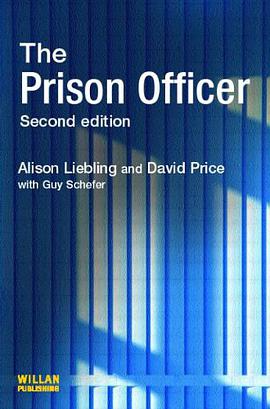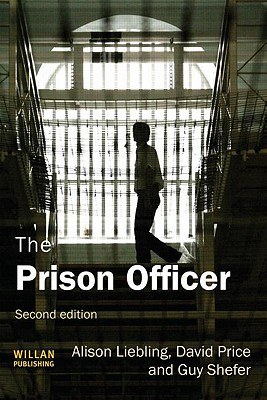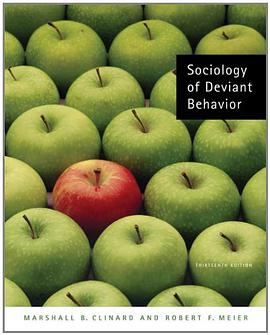

具体描述
This provoking new study of the Japanese tea ceremony (chanoyu) examines the ideological foundation of its place in history and the broader context of Japanese cultural values where it has emerged as a so called 'quintessential' component of the culture. It was in fact, Sen Soshitsu Xl, grandmaster of Urasenke, today the most globally prominent tea school, who argued in 1872 that tea should be viewed as the expression of the moral universe of the nation. A practising teamaster himself, the author argues, however, that tea was many other things: it was privilege, politics, power and the lever for passion and commitment in the theatre of war. Through a methodological framework rooted in current approaches, he demonstrates how the iconic images as supposedly timeless examples of Japanese tradition have been the subject of manipulation as ideological tools and speaks to presentations of cultural identity in Japanese society today.
作者简介
目录信息
读后感
评分
评分
评分
评分
用户评价
相关图书
本站所有内容均为互联网搜索引擎提供的公开搜索信息,本站不存储任何数据与内容,任何内容与数据均与本站无关,如有需要请联系相关搜索引擎包括但不限于百度,google,bing,sogou 等
© 2026 book.wenda123.org All Rights Reserved. 图书目录大全 版权所有




















